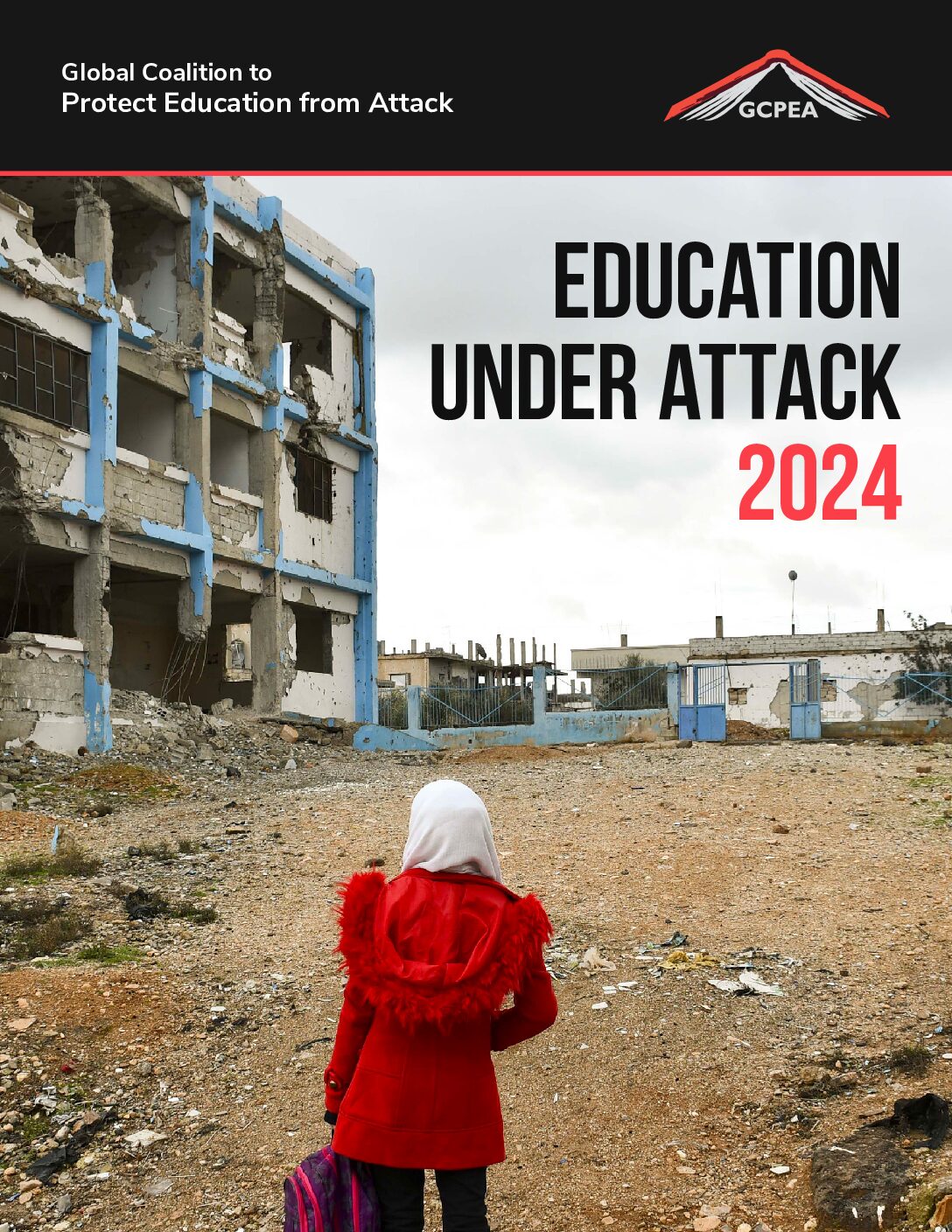GCPEA News
Militants Gun Down 7 Aid Workers in Pakistan
New York Times, January 1, 2013
By Salman Masood
Published: January 1, 2013
ISLAMABAD, Pakistan — Continuing a militant campaign of violence against aid workers in Pakistan, gunmen on Tuesday shot dead seven Pakistani teachers and health workers, six of them women, police officials said.
There was no immediate claim of responsibility. But the shooting, in the Swabi district of the northwestern province of Khyber-Pakhtunkhwa, fit a pattern of attacks against charity and aid workers across the country in recent weeks that officials have attributed to the Pakistani Taliban. The militant offensive has brought a wave of international outrage, particularly because it has focused on vaccination and health workers in a country where polio and measles have made troubling gains.
The attack on Tuesday, near the village of Sher Afzal Banda, was conducted by two men on a motorcycle who followed a van taking the workers home and then opened fire on it with assault rifles, the police said. The victims worked for the private Pakistani aid group Support With Working Solution, which works in the health and education sectors.
“They opened fire and killed six females and one male,” Javed Akhtar, the group’s executive director, said in a telephone interview. “One child, aged 7 to 8 years, miraculously survived.”
The aid group was founded in 1991 and, in conjunction with other aid groups, has focused on Khyber-Pakhtunkhwa Province and on South Waziristan in the tribal region, both deeply affected by poverty and militancy.
Five of the dead were young women who worked as teachers at a primary-level school the charity ran in the area, Mr. Akhtar said. The other two were health workers.
While Mr. Akhtar said that his organization had received no prior warning or threat, he and other Pakistani officials said they believed that the attack was part of the broader Pakistani Taliban campaign against aid workers.
Last month, at least nine Pakistani volunteers in an internationally supported polio vaccination drive were killed by militants across the country. Militant leaders have long accused such drives of being a cover for government and international espionage and have regularly threatened workers and officials involved in the effort, though never before to such deadly effect.
The campaign of intimidation and violence has been devastating for health campaigns that rely on a backbone of low-paid volunteers who go door-to-door with vaccines in some of the most remote and dangerous parts of Pakistan.
Pakistan is one of just three countries in the world in which polio remains endemic, and the country has also struggled with a resurgence of measles.
Saghir Ahmed, the health minister for Sindh Province, fired five health department officials after six children were reported to have died of measles on Monday alone in upper parts of the province. At least 100 children died in December in the outbreak, Pakistani health officials say, and the World Health Organization said that more than 300 children died of the disease in Pakistan in 2012.
In the city of Karachi, at least 4 people were killed and more than 40 wounded Tuesday in a bombing that appeared politically motivated, the police said.
The bomb, planted on a motorcycle in a crowded neighborhood and detonated by remote control, ripped through several buses returning from a mammoth political rally for the political party MQM, the most dominant in Karachi, the police said.
The rally was in support of Muhammad Tahir-ul Qadri, a crusading religious figure whose return to Pakistan after years of residence in Canada has thrown Pakistani politics into a tailspin. Mr. Qadri, who is a harsh critic of President Asif Ali Zardari and his governing Pakistan Peoples Party, held a huge rally in Lahore last month to criticize the government. He is threatening to hold an even larger one in Islamabad on Jan. 14 if his demands for reform are not met; he has likened the proposed rally to the Tahrir Square revolutionary demonstrations in Egypt.
Leaders of both the Pakistan Peoples Party and opposition Pakistan Muslim League-Nawaz have accused Mr. Qadri of trying to delay the general elections, which are expected to be held in April or May.
Karachi is regularly torn by savage factional violence. Pakistani officials estimate that at least 400 people were killed there in targeted political violence in 2012, and they say that the true number is most likely much higher.



